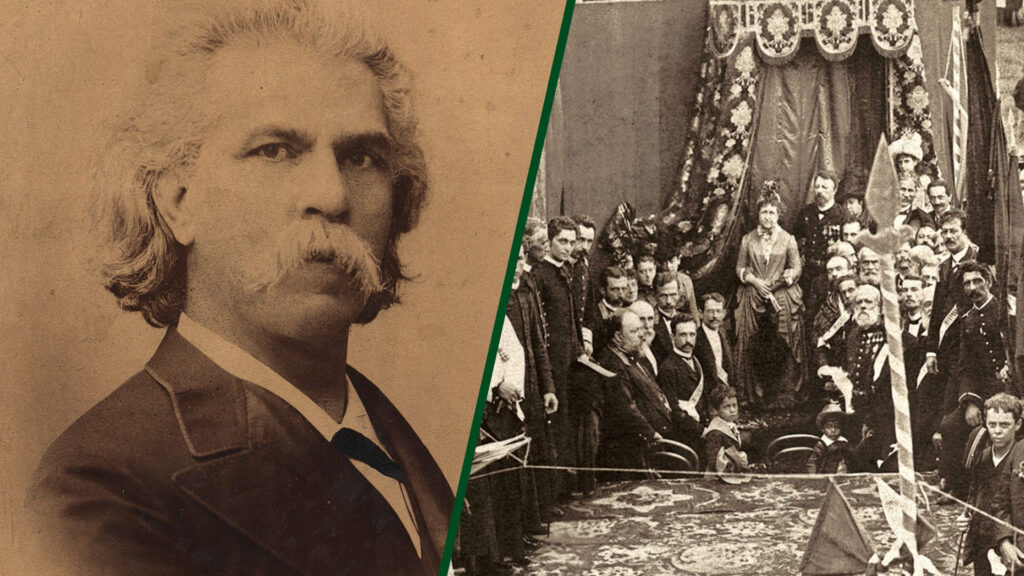
Lo Schiavo – Carlos Gomes’ Abolitionist Opera
Antônio Carlos Gomes, born in Campinas and considered the greatest composer of operas in the Americas, was a fervent admirer of Verdi. Some say that at the age of eighteen, he composed a march based on themes from Il Trovatore. With the support of Emperor Dom Pedro II, Carlos Gomes
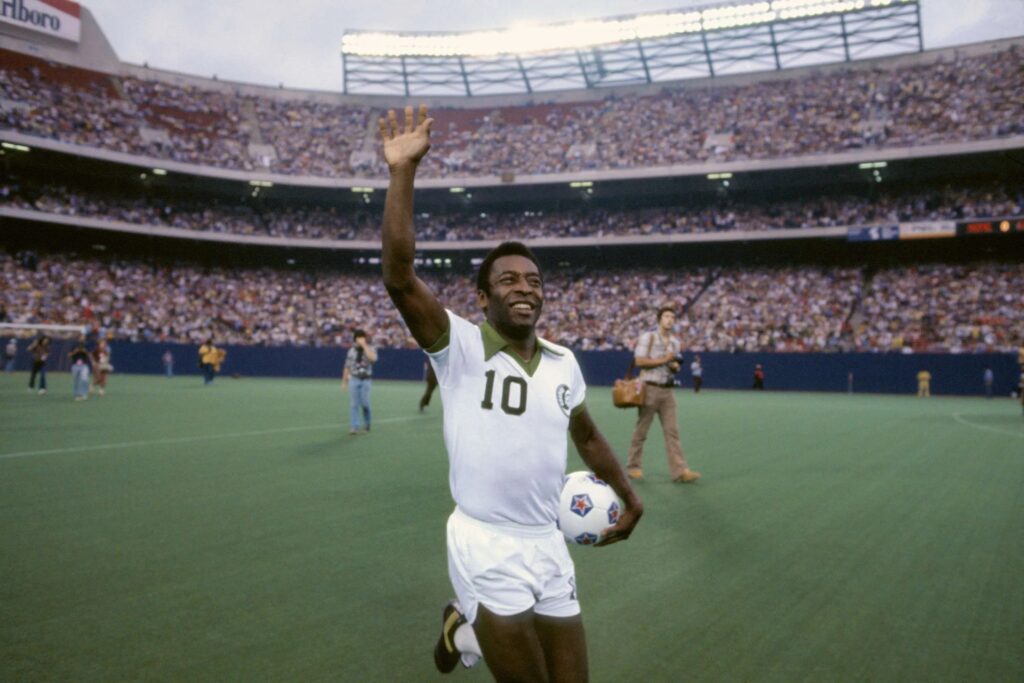
Today in Brazil: Pelé’s last professional match
On October 1, 1977, Pelé bid his official farewell to professional football while playing for the New York Cosmos, a team in the NASL of the United States, against Santos, the Brazilian club where he achieved fame and success.
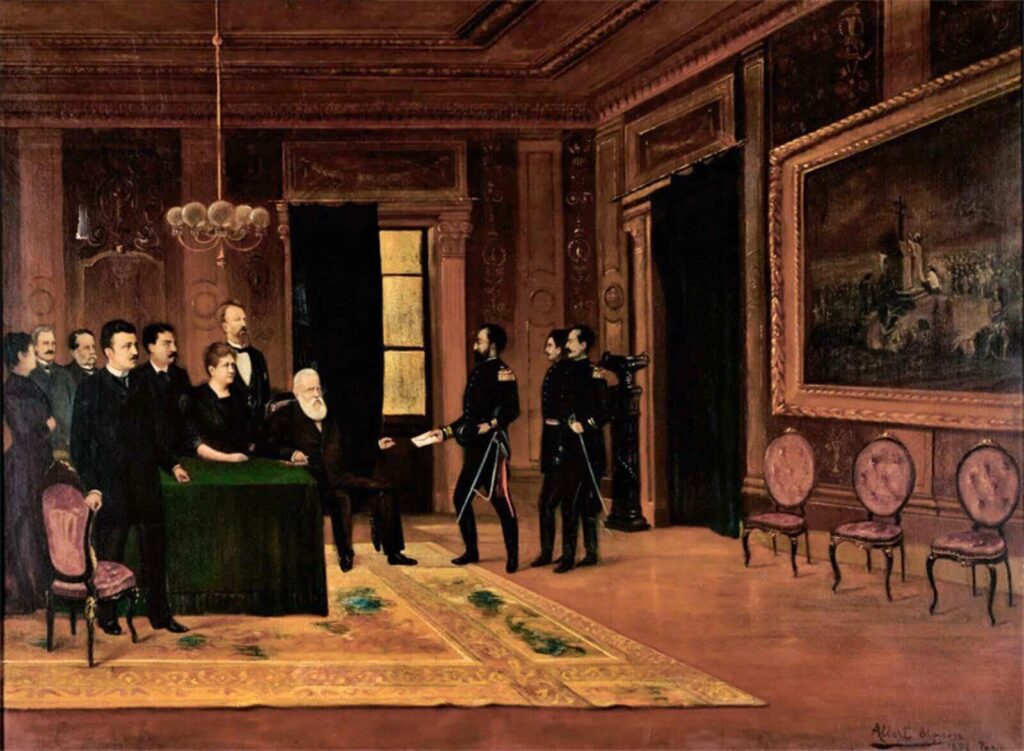
The Reasons Behind the Overthrow of Dom Pedro II’s Crown
Many reasons led to the coup d’état in 1889, and it is no secret that Dom Pedro II was the greatest statesman Brazil ever had. He spoke multiple languages, was highly educated, and had a penchant for innovation and technology. At the international fair in the United States, he was
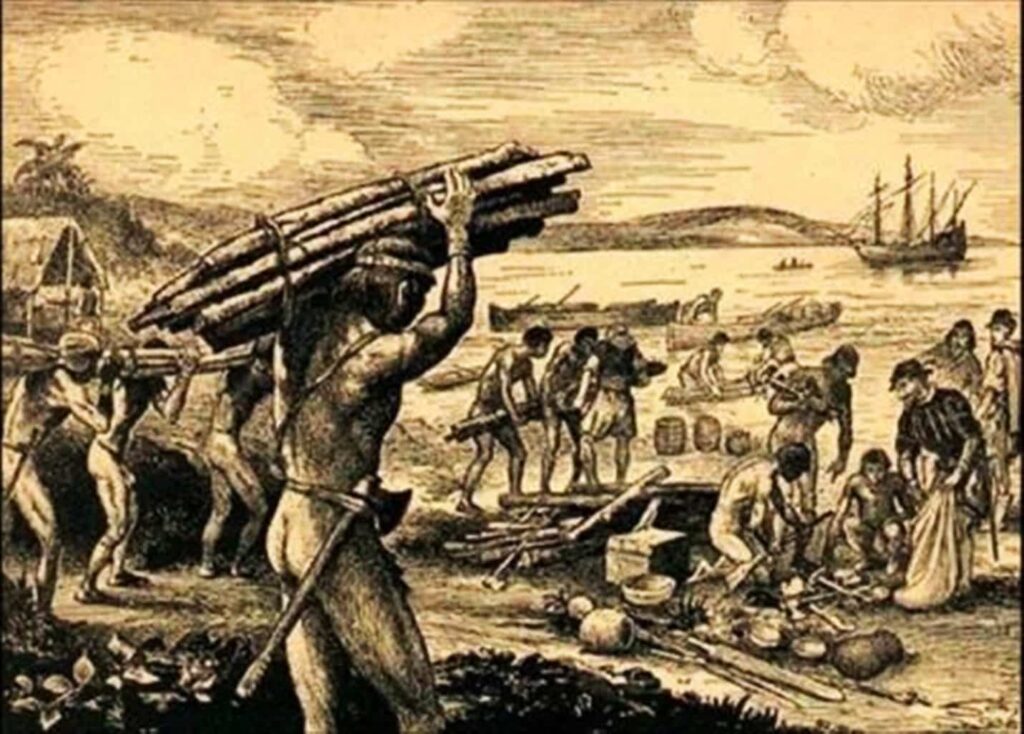
The Origin of the Name Brazil
The origin of the name “Brazil” is a complex story that dates back to the early encounters between Europeans and native peoples in the newly discovered lands. The word has its roots in the term “pau-brasil,” a valuable tree found in the region and exploited by the Portuguese. The exploitation
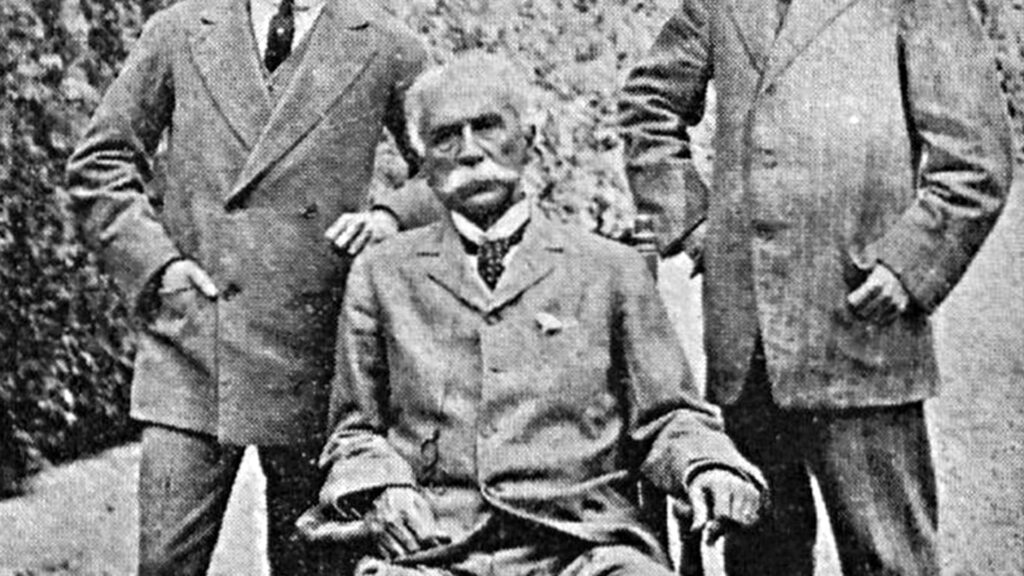
The last photograph of Joaquim Nabuco
The last photograph of Joaquim Nabuco (1849-1910), taken in Washington, United States, appeared in the Brazilian magazine “Fon Fon” shortly before his death in 1910.
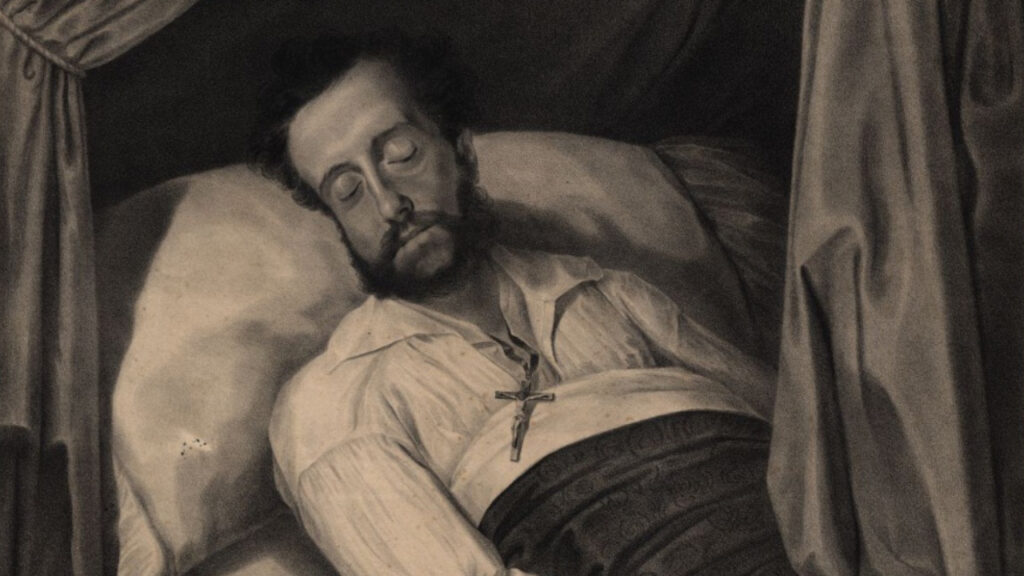
The death of Dom Pedro I, the first monarch of the Empire of Brazil
Dom Pedro I, the first monarch of the Empire of Brazil, was born in Lisbon in 1798 as the fourth child of King Dom João VI and Queen Carlota Joaquina. When French troops invaded Portugal, the royal family fled to Brazil in 1808. Dom Pedro I became the prince regent
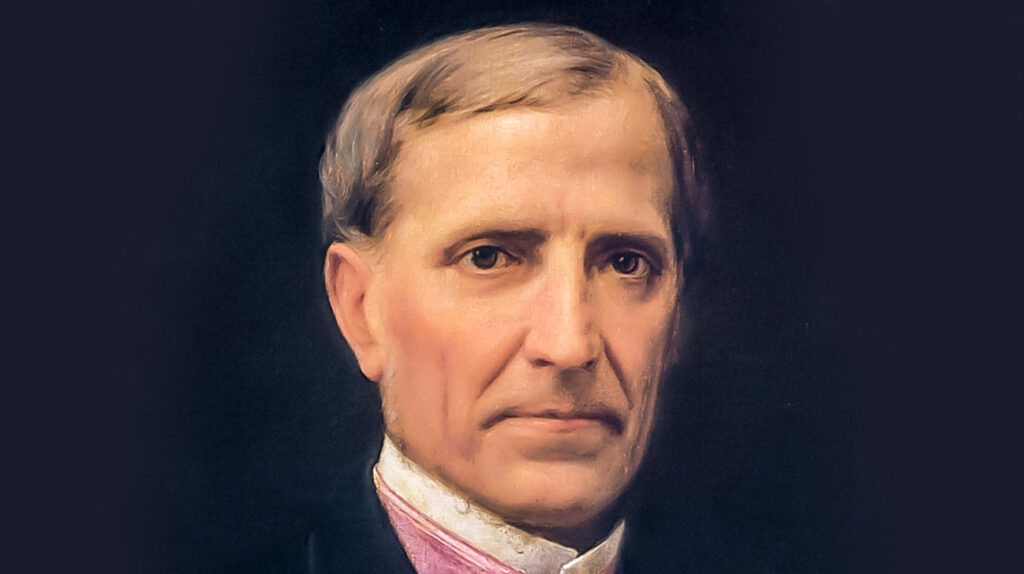
Get to know the childhood of Mauá
Baron of Mauá, whose real name was Irineu Evangelista de Sousa, was a prominent figure in 19th-century Brazilian history. He played a significant role in the economic and industrial development of the country. The childhood of Irineu Evangelista de Sousa, better known as Baron of Mauá, is a fascinating and
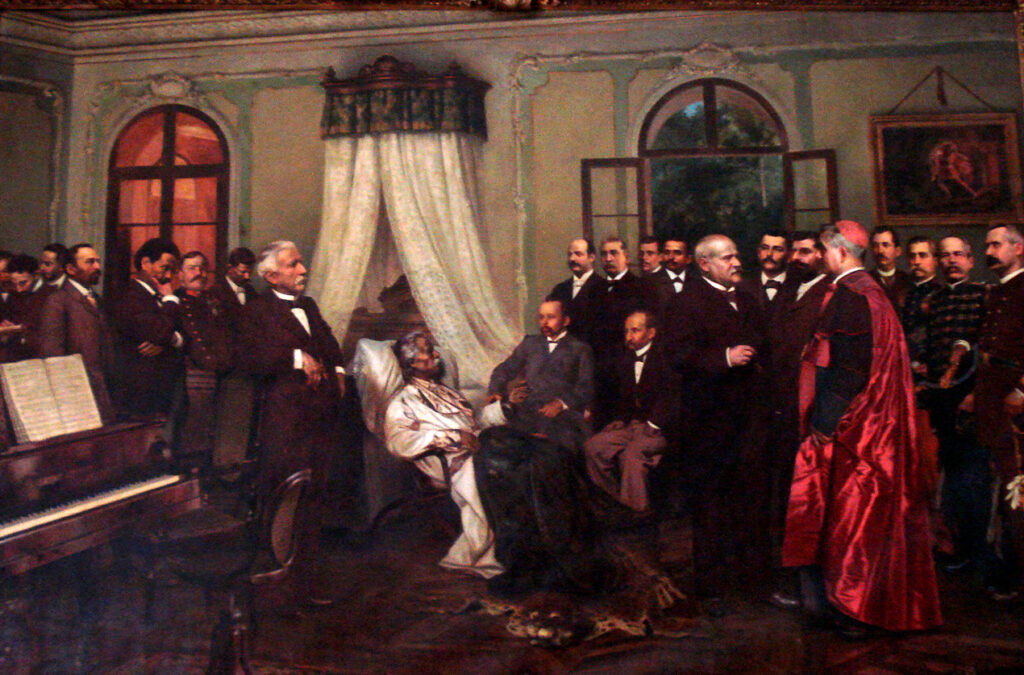
The painting “The final days of Carlos Gomes” by Domenico de Angelis and Giovanni Capranesi
“Carlos Gomes’s Last Days,” a 1899 painting by Domenico de Angelis and Giovanni Capranesi.
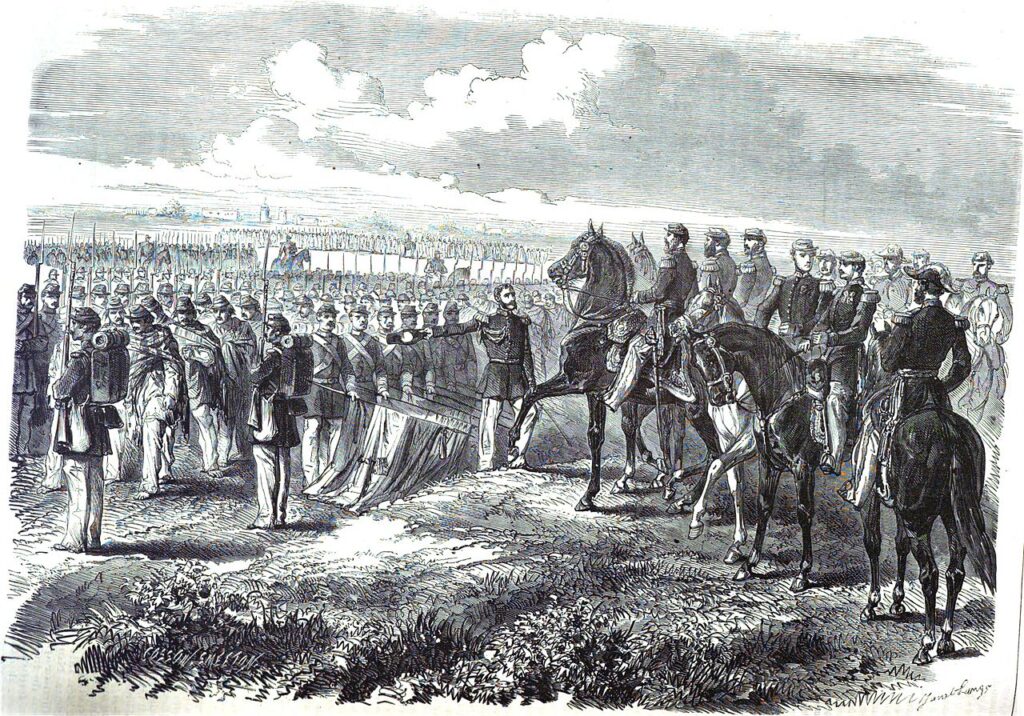
Today in Brazil: The surrender of Paraguay, marking the end of the first phase in the Paraguayan War
On September 18, 1865, the surrender of the Paraguayan Lieutenant Colonel Antonio de la Cruz Estigarribia took place in the presence of Emperor Dom Pedro II of Brazil and the Presidents Bartolomé Mitre of Argentina and Venancio Flores in Rio Grande do Sul, thereby concluding the first phase of the
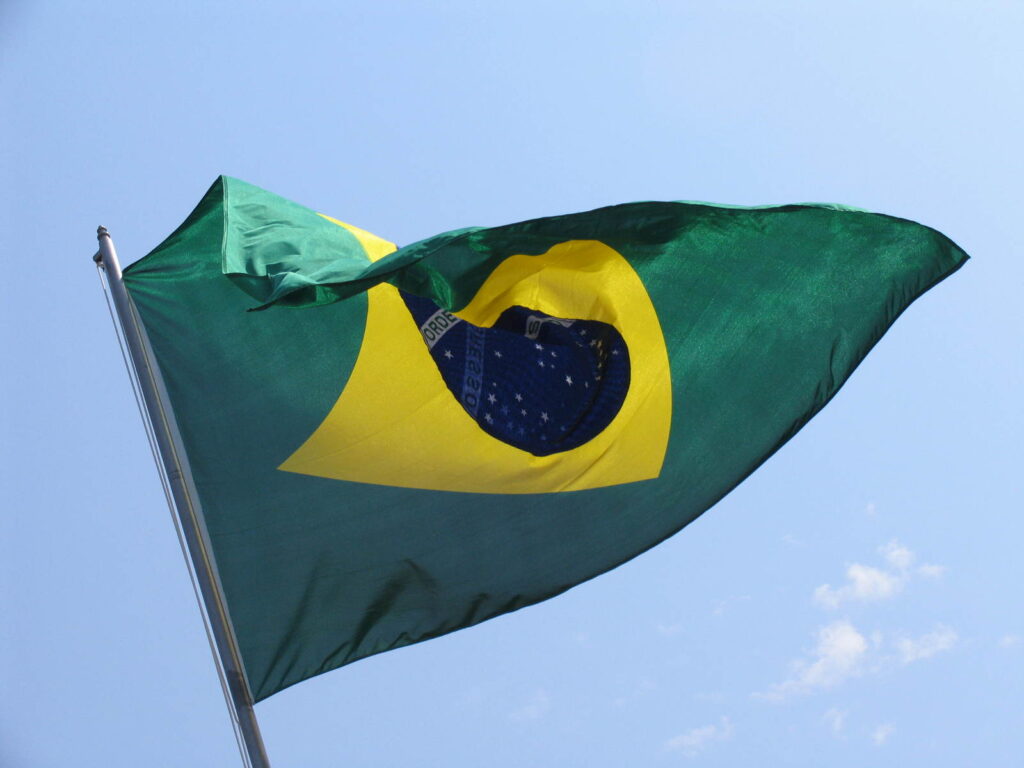
The main accents of Brazil
Brazil is a diverse country, not only in terms of geography and culture but also in its language. Brazilians have a wide variety of regional accents, which are shaped by different influences, such as cultural heritage, geography, and the history of each region. This linguistic diversity is a prominent feature
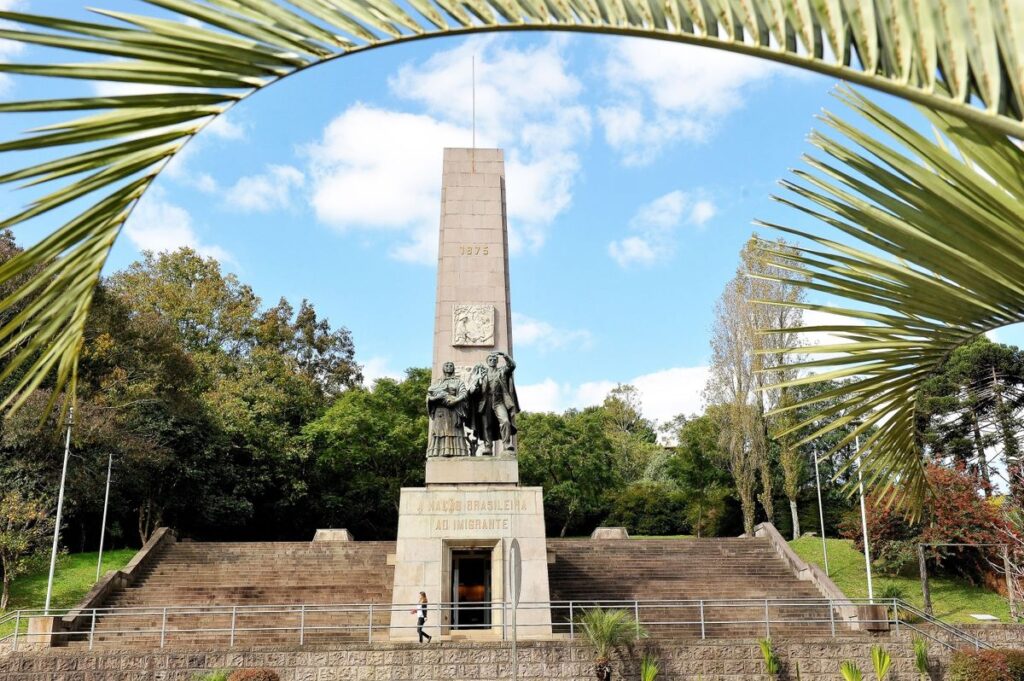
The National Monument to the Immigrant
The National Monument to the Immigrant, inaugurated by President Getúlio Vargas in 1954 in Caxias do Sul, Rio Grande do Sul. Its cornerstone was laid in 1950 by President Eurico Gaspar Dutra. The construction was initiated by a community commission, which held a competition to determine the best project dedicated
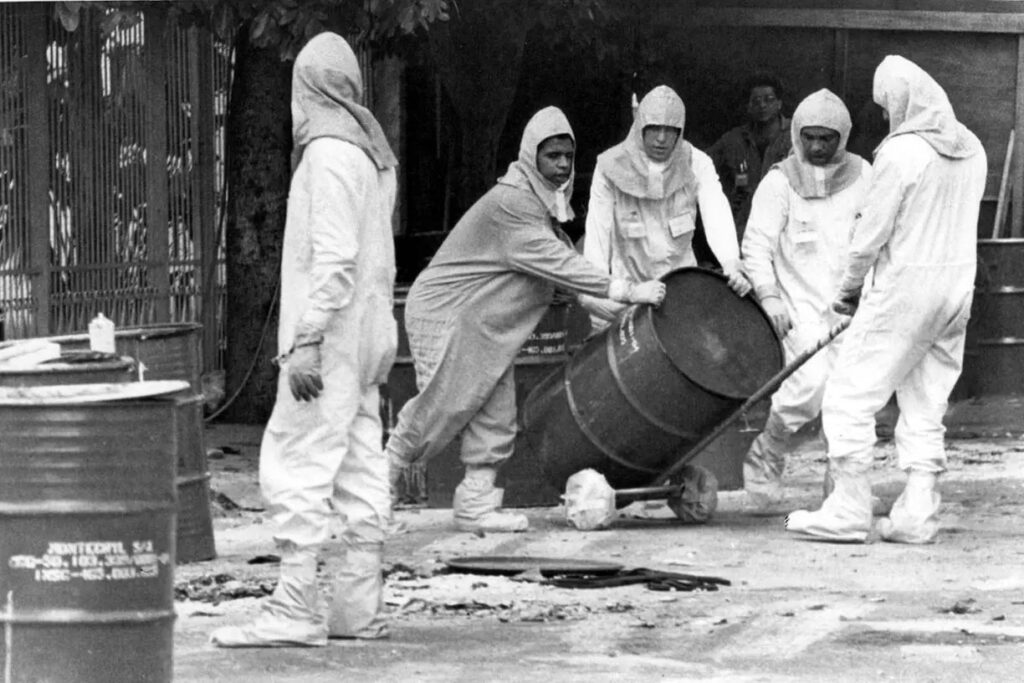
Today in Brazil: Goiânia’s radioactive accident with Cesium-137
On September 13, 1987, the radiological accident in Goiânia began, known as the Cesium-137 accident, a serious episode of radioactivity contamination in Brazil. The accident started when scrap metal collectors discovered a radiotherapy device containing Cesium-137, which they mistakenly believed to be scrap.
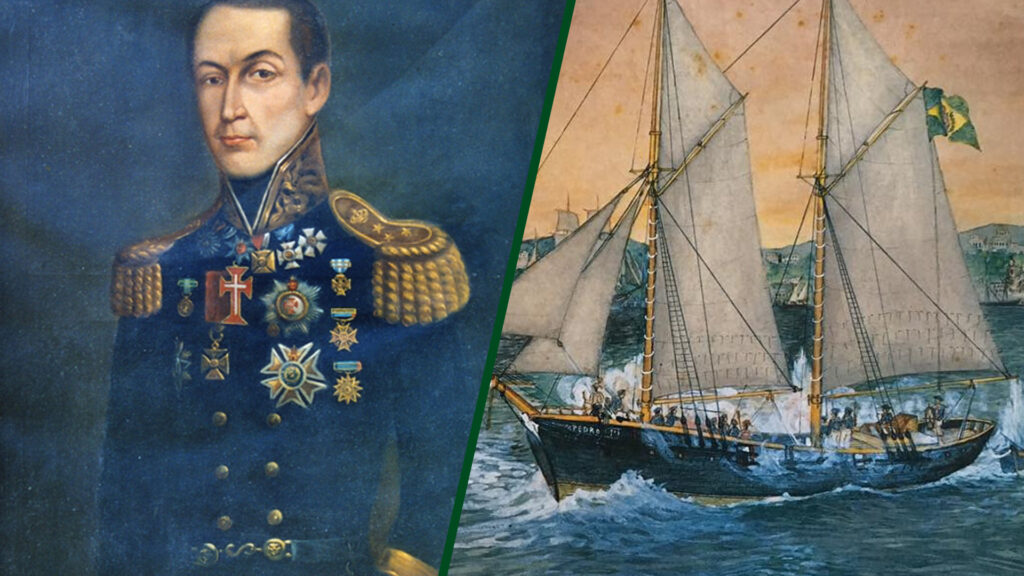
Brazil’s independence and portuguese resistance
The news of Brazil’s independence from Portugal was not celebrated in all provinces. After the proclamation, Emperor Dom Pedro I had a difficult time quelling the various revolts that occurred during the independence process. At the moment when he declared Brazil’s independence, the governments and troops of some provinces were
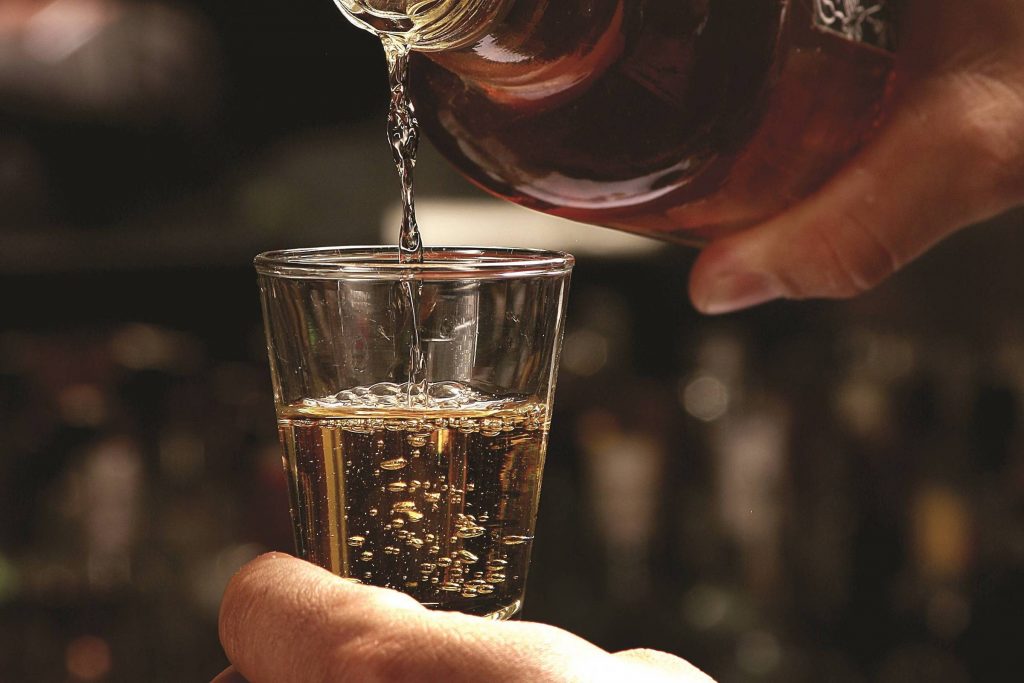
The best curiosities about Cachaça
Cachaça is a Brazilian distilled alcoholic beverage made from the fermentation and distillation of sugarcane juice. It is one of the most traditional drinks in Brazil and is often compared to sugarcane brandy or rum, although it has distinct characteristics.
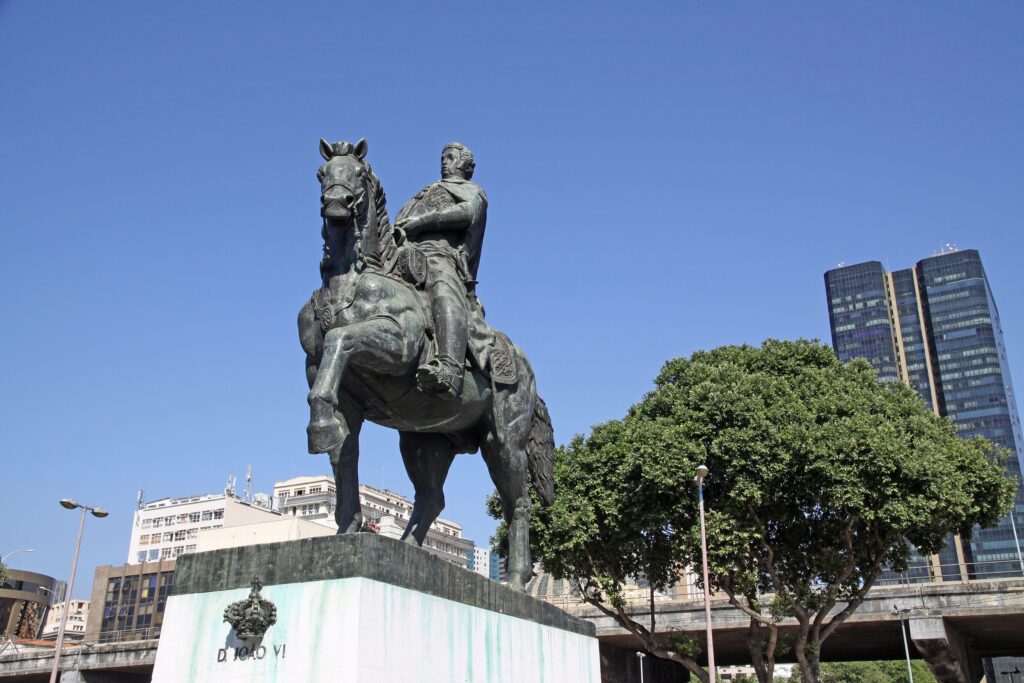
Statue of King Dom João VI in Praça XV, Rio de Janeiro
The equestrian statue of King Dom João VI in Praça XV in the city of Rio de Janeiro was offered in 1965, during the IV Centenary of the Founding of the City of Rio de Janeiro, by the Portuguese government as a tribute to the King of Portugal, who lived
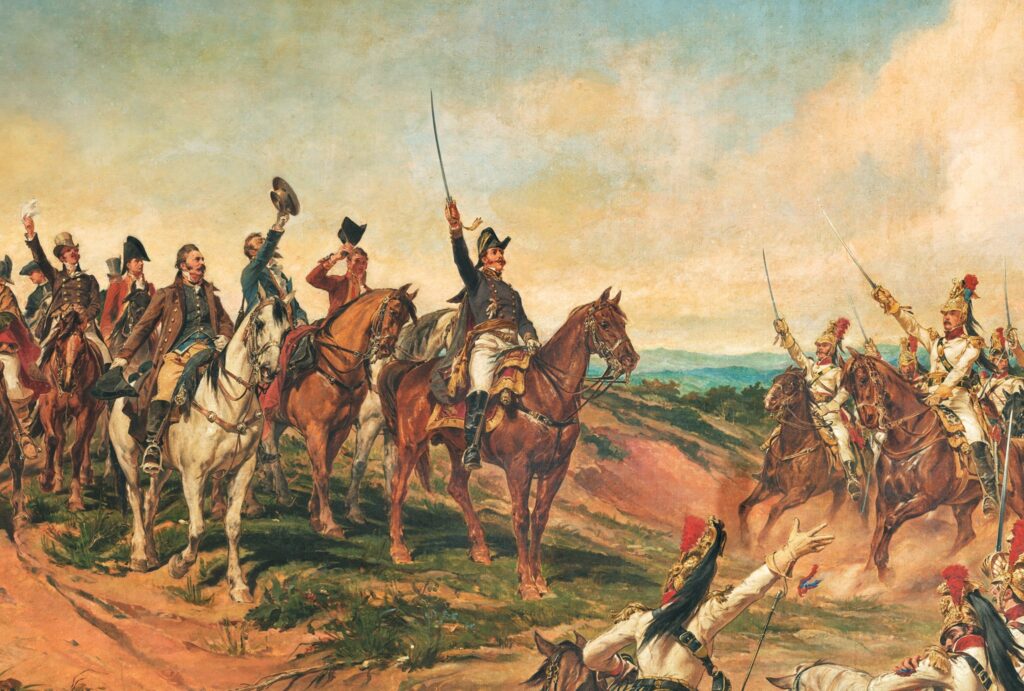
Today in Brazil: Independence of Brazil
On September 7, 1822, on the banks of the Ipiranga River in São Paulo, an important chapter in the history of Brazil was written with the “Cry of Ipiranga.” It was at this moment that Dom Pedro I proclaimed the political independence of Brazil from Portugal, using the memorable words

The best sweets in Brazil
Brazil is a country rich in culinary traditions, and its confectionery is no different. With a diverse cultural heritage that includes indigenous, African, European, and Asian influences, the country offers a wide variety of traditional sweets that delight taste buds from all corners of the world.

Interview: Get to Know the History of “Miniaturas do JP”
Today is the day for you to get to know the story of the 100% national miniature trademark, the Miniaturas do JP. João Pedro, the man behind all the genius of the miniatures, he has a degree in History and a passion for Art. With this combination, he started this
